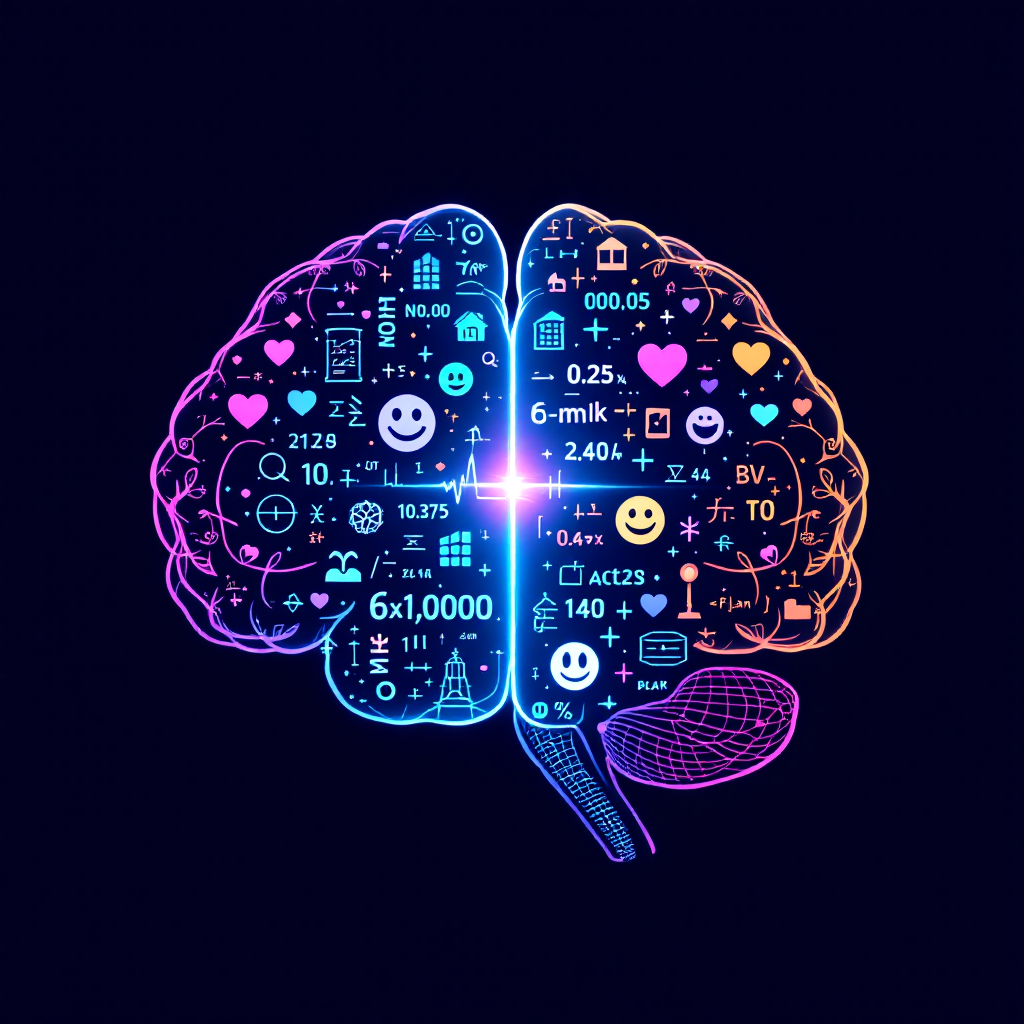Technical skills and IQ alone are no longer enough to guarantee success. Emotional intelligence (EQ) has emerged as a crucial factor that can make or break both personal relationships and professional advancement. Understanding and developing your emotional intelligence has become increasingly important as organizations recognize its impact on leadership, team dynamics, and overall workplace success.
The concept of emotional intelligence, first popularized by Daniel Goleman in the 1990s, encompasses our ability to recognize, understand, and manage our own emotions while effectively navigating the emotions of others. Research consistently shows that individuals with high emotional intelligence tend to have stronger relationships, better career prospects, and higher job satisfaction compared to those who focus solely on traditional intelligence metrics.
As we delve into the world of emotional intelligence, we’ll explore practical strategies to enhance your EQ and understand how this vital skill set can transform both your personal and professional life. Whether you’re a seasoned executive or just starting your career journey, developing your emotional intelligence can provide you with the competitive edge needed in today’s relationship-driven business landscape.
Understanding Emotional Intelligence: The Five Key Components
1. Self-awareness
- Recognition of personal emotions and their impact
- Understanding of strengths, weaknesses, and triggers
- Development of authentic self-confidence
- Regular self-reflection practices
2. Self-regulation
- Managing impulsive feelings and behaviors
- Adapting to changing circumstances
- Maintaining integrity and trustworthiness
- Practicing stress management techniques
3. Motivation
- Pursuit of goals beyond external rewards
- Resilience in face of setbacks
- Initiative and commitment to personal growth
- Positive attitude towards challenges
4. Empathy
- Understanding others’ emotional makeup
- Reading room dynamics and power relationships
- Respecting diverse perspectives
- Active listening skills
5. Social Skills
- Building and maintaining relationships
- Conflict resolution abilities
- Clear communication practices
- Leadership and influence capabilities
Developing Your Emotional Intelligence: Practical Strategies
Daily Practices for Enhanced EQ
- Emotion Journaling
- Track daily emotional responses
- Identify patterns and triggers
- Document successful emotional regulation strategies
- Active Listening Exercises
- Practice focusing entirely on the speaker
- Avoid interrupting or planning responses
- Ask clarifying questions
- Demonstrate understanding through feedback
- Mindfulness Techniques
- Regular meditation practice
- Breathing exercises
- Present-moment awareness
- Body scanning for emotional awareness
Impact of Emotional Intelligence on Career Success
Research shows that emotional intelligence plays a crucial role in workplace success, with studies indicating that EQ can account for up to 58% of professional performance. Here’s how developing your emotional intelligence can benefit your career:
Leadership Effectiveness
- Better team motivation and inspiration
- More effective conflict resolution
- Improved decision-making capabilities
- Stronger relationship building
Professional Growth
- Enhanced communication skills
- Greater adaptability to change
- Increased resilience during challenges
- Better stress management
Workplace Relationships
- Stronger collaborative abilities
- More effective networking
- Better client and customer relations
- Improved team dynamics
Emotional Intelligence in Personal Relationships
The impact of emotional intelligence extends beyond the workplace, significantly influencing our personal relationships:
Benefits in Personal Life
- Deeper connections with family and friends
- More meaningful conversations
- Better conflict resolution at home
- Increased empathy in relationships
Relationship Building Strategies
- Practice active empathy
- Develop better listening skills
- Manage conflict constructively
- Express emotions appropriately
- Recognize and respect boundaries
Measuring and Improving Your Emotional Intelligence
Assessment Methods
- Professional EQ assessments
- Self-reflection exercises
- 360-degree feedback
- Behavioral analysis
Development Plan
- Set Clear Goals
- Identify specific EQ areas for improvement
- Create measurable objectives
- Establish timeline for development
- Seek Feedback
- Regular check-ins with mentors
- Peer feedback sessions
- Professional coaching
- Practice Regularly
- Role-playing exercises
- Real-world application
- Continuous learning
Conclusion
Developing emotional intelligence is a journey that requires dedication, practice, and patience. By understanding and improving your EQ, you can enhance both your professional success and personal relationships. Remember that emotional intelligence is not a fixed trait but a flexible set of skills that can be developed and refined over time.
As you continue to work on your emotional intelligence, focus on making small, consistent improvements rather than seeking dramatic changes. The investment in developing your EQ will pay dividends throughout your career and personal life, leading to more meaningful relationships and greater success in all areas of life.



